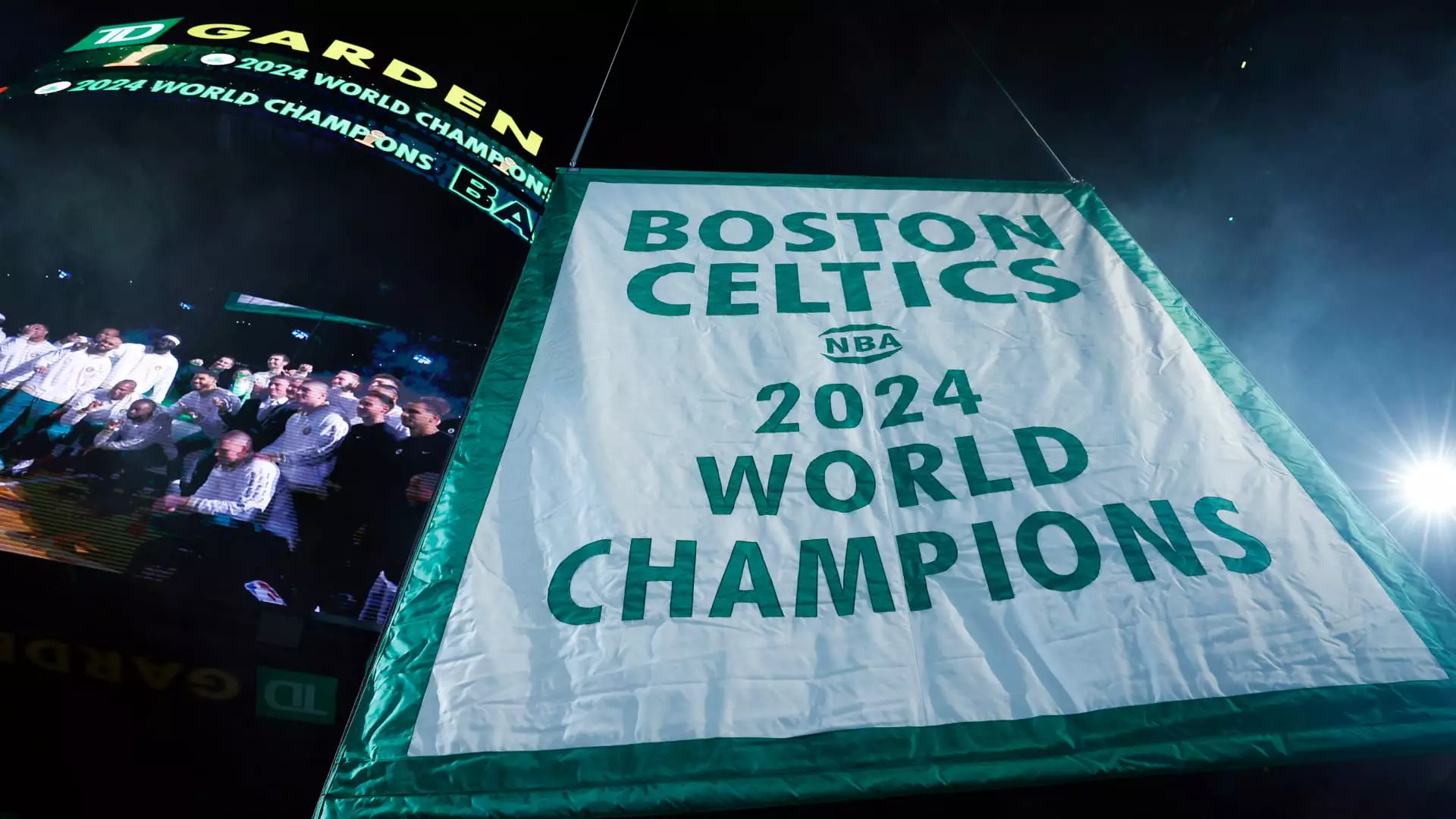On Thursday, the world of professional sports was set abuzz with the announcement that a new ownership group, led by private equity executive Bill Chisholm, is acquiring the Boston Celtics for a staggering $6.1 billion. This sale, which sets a new precedent in U.S. sports valuation, is a monumental shift not just for the Celtics but for the broader landscape of sports franchises. The new ownership group, comprising influential figures like Boston businessman Rob Hale and Bruce Beal Jr., president of Related Companies, underscores the growing trend of collaborative ownership in major sports franchises, marking a significant departure from the traditional singular family ownership model.
For sports fans, especially in Boston, this transaction encapsulates a blend of excitement and apprehension. Chisholm’s passion for the team and intimate understanding of its significance in the Massachusetts community should theoretically ensure continuity in the team’s ethos and culture. However, the immense financial stakes suggest a competitive landscape where profit motives could overshadow the integrity of the game.
The Price of Prestige: Unpacking Valuation Trends
At $6.1 billion, the Celtics’ valuation eclipses the previous record held by the NFL’s Washington Commanders, which fetched $6.05 billion earlier this year. Such astronomical figures reflect a broader trend in sports—a trend driven by dramatic shifts in revenue streams primarily fueled by lucrative media rights deals. The NBA’s recent $76 billion agreement with major broadcasting networks signifies more than just a financial windfall; it marks an evolution in how sports are consumed, with digital streaming and high-stakes contracts transforming viewing habits and, consequently, team valuations.
While fans celebrate the Celtics’ illustrious history—18 championships and a storied rivalry with teams like the Los Angeles Lakers—one must ponder if this transformation signals a deeper problem in professional sports. The increasing reliance on lucrative media contracts and collaboration with private equity firms highlights an unsettling reality: the game is becoming more of a corporate entity and less about the culture that once defined it. The question arises: is this valuable franchise becoming a mere investment asset, diminishing the emotional connections fans have fostered over decades?
A Responsibility to the Community
Chisholm, an apparent Celtics fanatic, claims he understands the profound responsibility that comes with leading such an institution. While his sentiments are commendable, the gap between the passion of a lifelong fan and the cold calculations of a financial executive can be stark. The sentiment that he “understands how important the Celtics are to the city of Boston” is heartening. However, how effectively will that loyalty translate into impactful decisions?
For the Celtics and the city of Boston, this acquisition must transcend sheer profitability. The community embodies a unique relationship with the Celtics—one rooted in culture, tradition, and pride. The new ownership group’s challenge will be to preserve and enhance this bond amid the backdrop of financial imperatives. In an age of remarkable globalization and hyper-commercialization of sports, genuine connections between franchises and their communities can easily be undermined or disregarded altogether.
The Future of Sports Ownership
As we absorb the implications of this sale, it is imperative to recognize the implications it has for sports ownership at large. The NBA, like the NFL, is increasingly welcoming private equity firms into the fold. This shift can diminish the emotional investment local owners traditionally brought to their franchises. When ownership stakes are held by hedge funds and private equity groups who prioritize shareholder value, the delicate balance of competitive sports and community engagement can be at risk.
Chisholm’s ascension may invigorate the Celtics, but it also symbolizes a critical juncture in sports ownership. As these franchises become coveted assets for investment portfolios, fans might find it increasingly difficult to see their teams as bastions of local pride. Are we witnessing the formation of a new structure, where the elite few dictate the fate of celebrated teams that once belonged to passionate communities? The Celtics, legendary champions of the hardwood, now face questions that dig deeper than strategy and performance—they touch the very essence of what it means to be part of a sports family.

